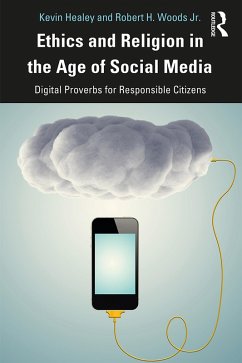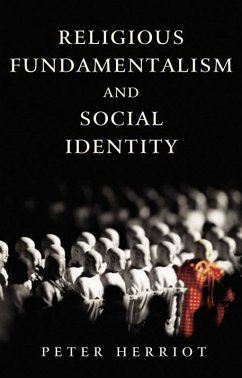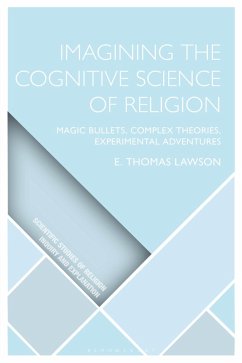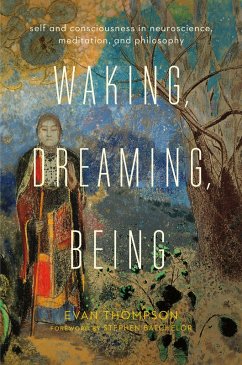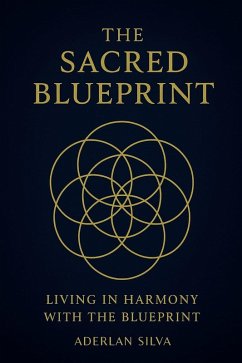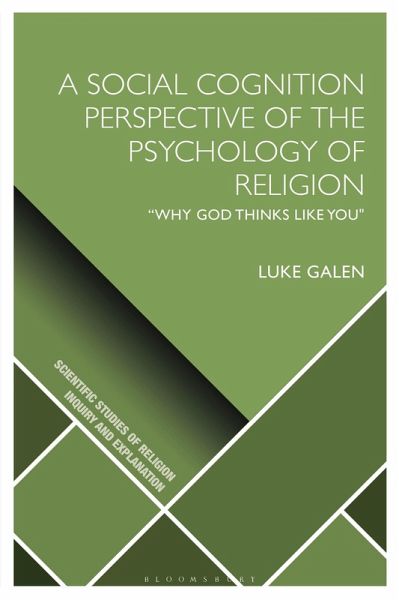
A Social Cognition Perspective of the Psychology of Religion (eBook, ePUB)
"Why God Thinks Like You"

PAYBACK Punkte
35 °P sammeln!
An exploration of how psychological mechanisms produce intuitions, beliefs, behaviors, and experiences that are misattributed as being unique outcomes of religious or spiritual influences. Written from a social psychology perspective, this book proposes that religious and spiritual content represent one possible interpretation of the output of processes that also produce and govern nonreligious content. In looking at why people believe in God, and why belief in God is often linked with a range of positive outcomes such as prosociality, morality, health, and happiness, the author uses a critica...
An exploration of how psychological mechanisms produce intuitions, beliefs, behaviors, and experiences that are misattributed as being unique outcomes of religious or spiritual influences. Written from a social psychology perspective, this book proposes that religious and spiritual content represent one possible interpretation of the output of processes that also produce and govern nonreligious content. In looking at why people believe in God, and why belief in God is often linked with a range of positive outcomes such as prosociality, morality, health, and happiness, the author uses a critical lens that challenges past theories of religion's functions and adds new perspectives into a discipline that is often limited by an exclusive focus on evolutionary theory. This book features several cross-cutting themes-including "dual process" theory and an exploration of how various social cognition mechanisms and biases can channel or shape religious content-and provides a continuous through-line linking the underlying building blocks of thought, as studied in the cognitive sciences of religion (CSR) to specific religious and spiritual concepts using a social cognition lens.





